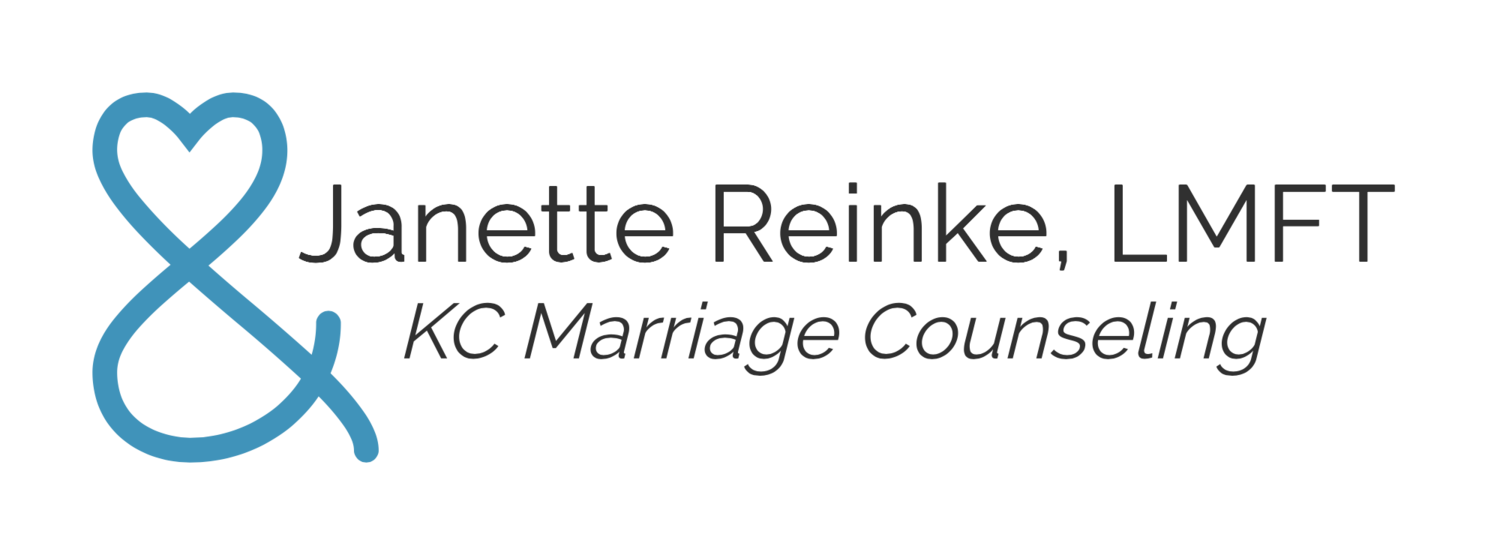Anxiety
Anxiety is the natural fear response - run amok. Fear is important for life - like if you ever get cornered by a tiger in a deserted alley, fear would be a healthy response that just might save your life. However, fear, nervousness, or anxiety that is chronic and persistent - seemingly uncontrollable and sometimes overwhelming. If anxiety is getting in the way of living your everyday life, then it is important to get help.
What are some of the the symptoms of anxiety?
- Chronic worry or nervousness
- irritability
- trouble sleeping or insomnia
- headaches and stomach aches
- restlessness
- physical symptoms such as heart pounding, sweating, dizziness, upset stomach, or muscle tension
There are also a number of anxiety disorders such as Generalized Anxiety Disorder, PTSD, Obsessive Compulsive Disorder, Social Anxiety Disorder, or Phobias - just to name a few.
As you can see, there are quite a few anxiety disorders that can cause major problems in your life - in fact, it is the most common psychiatric illness with approximately 40 million Americans suffering from an anxiety disorder.
When ADHD and Anxiety occur together
Anxiety and ADHD go hand in hand - how often have you been late getting something done at work and you worried about getting in trouble with your boss? Chronic lateness, disorganization and financial difficulties, for example, can lead to anxiety problems.
For some people, the experience of ADHD is one of chronic anxiety. It is stressful, sometimes extremely so, to have difficulties attending, focusing, organizing time, completing one’s work, planning ahead, curtailing impulses, sitting still, when we must do these “executive functions” in our daily lives and are present in almost every task.
It is important to treat both conditions. Techniques such as cognitive-behavioral therapy, relaxation techniques, mindfulness tools, and exercise can be helpful in treating both ADHD and anxiety.




